Switching to Android, or, how I escaped my Apple brand obsession
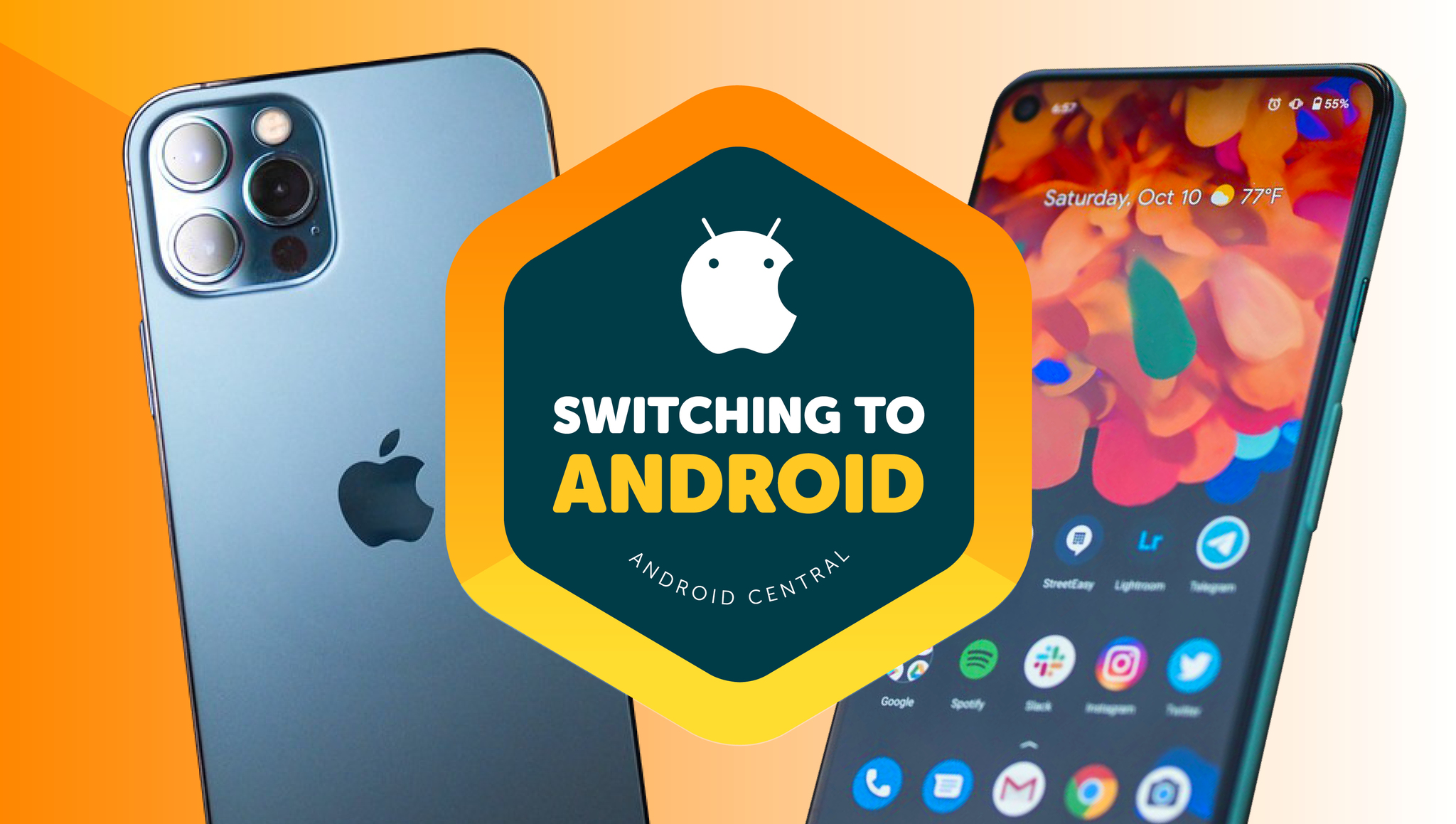
Nearly 90% of smartphone users worldwide may choose Android, but having grown up in an Apple household, my iPhone indoctrination was decades in the making. My parents had an iMac G4 with the swiveling display, while I used an eMac that I often physically carried into my sister's room so I could connect to the only ethernet port and chat with friends on AIM. While I left for college with an old flip phone, I eventually got sick of texting on a number pad and got an iPhone 4, back when AT&T still gave you free phone upgrades every couple of years as part of a family plan.
Before I could objectively compare iOS vs Android, I had to shake a twenty-year, one-sided relationship with Apple.
Then came an iPhone 6, and most recently an iPhone XR, plus various MacBooks in the same time frame. I had adopted the Apple's various operating systems as part of my technical identity, and made it plain that I knew what I liked and didn't plan on changing, thank you very much. In other words, I was in deep.
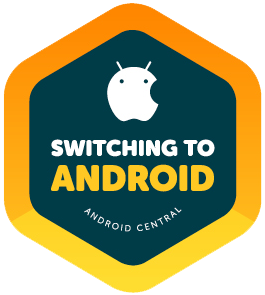
I did use Windows, either at office jobs or using a Boot Camp partition for Steam games, but no one ever pushed me to try any of the best Android phones out there, even as companies like Samsung and Google released phones that truly interested me. Even when I started writing for tech companies — covering virtual reality, wearables, audio, gaming, and eventually breaking tech news — I was usually surrounded by diehard Apple users that prioritized iPhone leaks and patents over news from other companies. But that recently changed.
I could spend a good chunk of this piece diving into some of my growing frustration with the Apple devices I bought, mainly due to battery problems across the board; or how my latest MacBook Pro's butterfly keyboard devolved from sticky keys to actually getting jammed at angles into their slots so I could no longer type on them. But I'm not here to make an Android > iOS or Google > Apple argument.
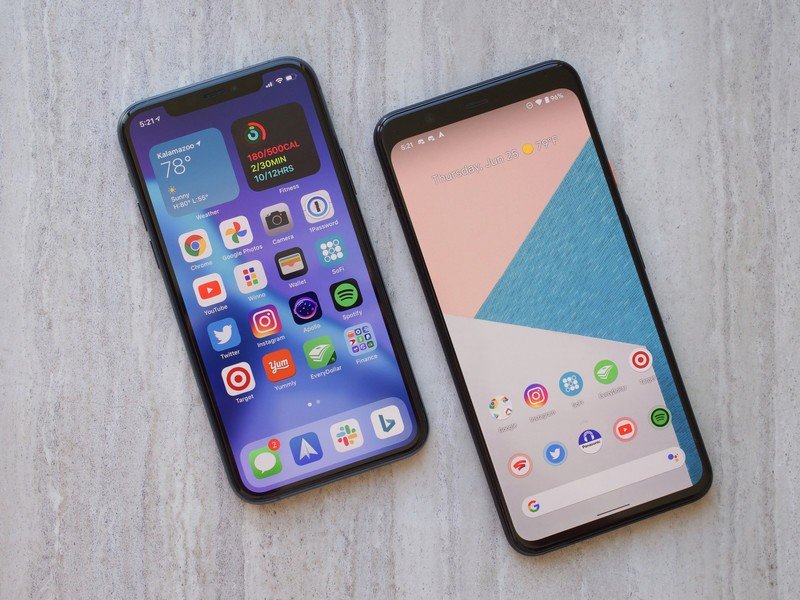
My point is that my brand loyalty to Apple made me willfully ignore any negatives with its products or any potential alternatives. I knew how to fix common Apple problems, but didn't want to explore if other devices could avoid those problems while costing a lot less. I didn't know what kind of new negatives I'd run into with Android, or if I'd want to invest the time to master the new perks it would give me. Behold the sunk cost fallacy in action.
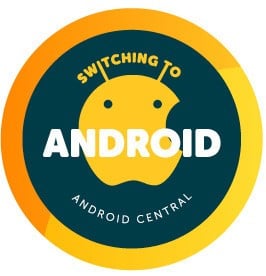
It took me many years to gain some critical thinking about how my fierce devotion, to Apple and other companies and brands I'd loved as a kid/teen, was counter-productive. That these companies will often disappoint you with their products or actions, and that I don't owe it to them to find the silver lining in something subpar just because I paid for it. It's obvious to me now, but growing up online watching warring fandoms bicker in forums and comment sections, it really seemed like I had to define my identity by my tech and pop culture interests. Not anymore.
After testing my four new Android phones, I'm ready to bring a fresh, (hopefully) unbiased opinion to the smartphone wars of 2021.
I got a job at Android Central because of my experience covering Android-adjacent tech. But to do this job properly, I have to become a lot more familiar with the ins and outs of Android 11 (and soon Android 12), Samsung's One UI, OxygenOS and the rest. So I followed our own guide on switching from iOS to Android and took the plunge. This new role gave me the kick in the rear necessary to (metaphorically) tell Apple that we're no longer exclusive, and that I want an open relationship with the other mobile tech giants.
Be an expert in 5 minutes
Get the latest news from Android Central, your trusted companion in the world of Android
My fellow AC editors were kind enough to mail me some spare review units, including the Pixel 3a, Nokia 8.3 5G, Samsung Galaxy S9, and OnePlus 7 Pro before the holidays, and I've been rotating between them ever since. I'm a long way off from being an Android expert; but until then, I plan on treating my ignorance as an opportunity.
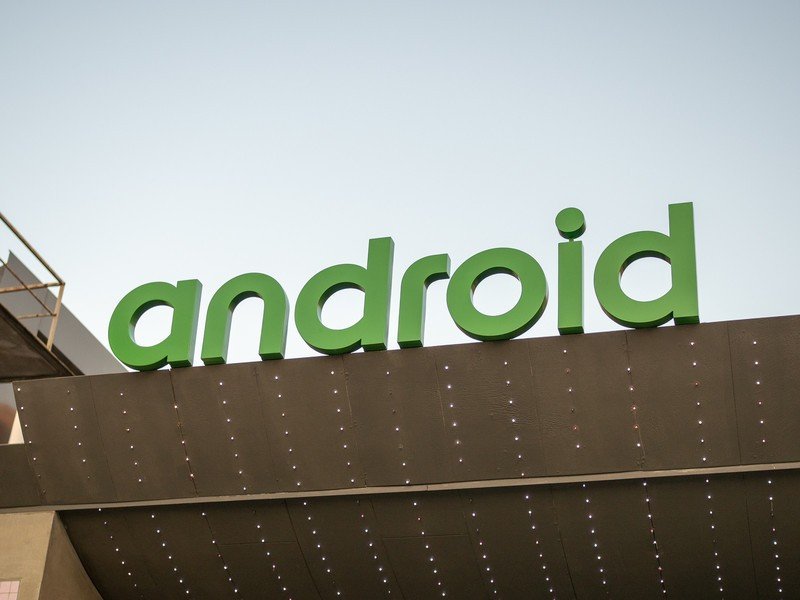
Every week, I'll publish a new "Switching to Android" diary entry about what it's like to switch over in Android in 2021. They'll include a range of topics: the various Android app stores compared to Apple's; iCloud vs Google Drive; accessories; software updates; OS customization; app/cloud gaming; and, generally, how hard it is to divest yourself, mentally and monetarily, from a company that has owned your business for decades.
I recognize that Android Central readers are more like my colleagues: passionate Android devotees who have been invested in Google's ecosystem for as long as I've been invested in Apple's. But I'm hoping I can provide some new perspectives on the tools and features that will seem commonplace to you. Equally important, I'm hoping these will be helpful to current iOS users considering whether or not they should follow suit and try something other than an iPhone.
Here's where you all come into the story. I'm extremely curious about our readers' opinions:
- Do any of you also have iOS-to-Android stories to share?
- How "loyal" are you to the Android brand?
- Are there any iOS vs Android topics you'd like to learn more about?
Feel free to leave a comment about your experiences! In the meantime, I'm excited to join the Android community and gain expertise to share with you all — without becoming too emotionally invested in it.

Michael is Android Central's resident expert on wearables and fitness. Before joining Android Central, he freelanced for years at Techradar, Wareable, Windows Central, and Digital Trends. Channeling his love of running, he established himself as an expert on fitness watches, testing and reviewing models from Garmin, Fitbit, Samsung, Apple, COROS, Polar, Amazfit, Suunto, and more.
